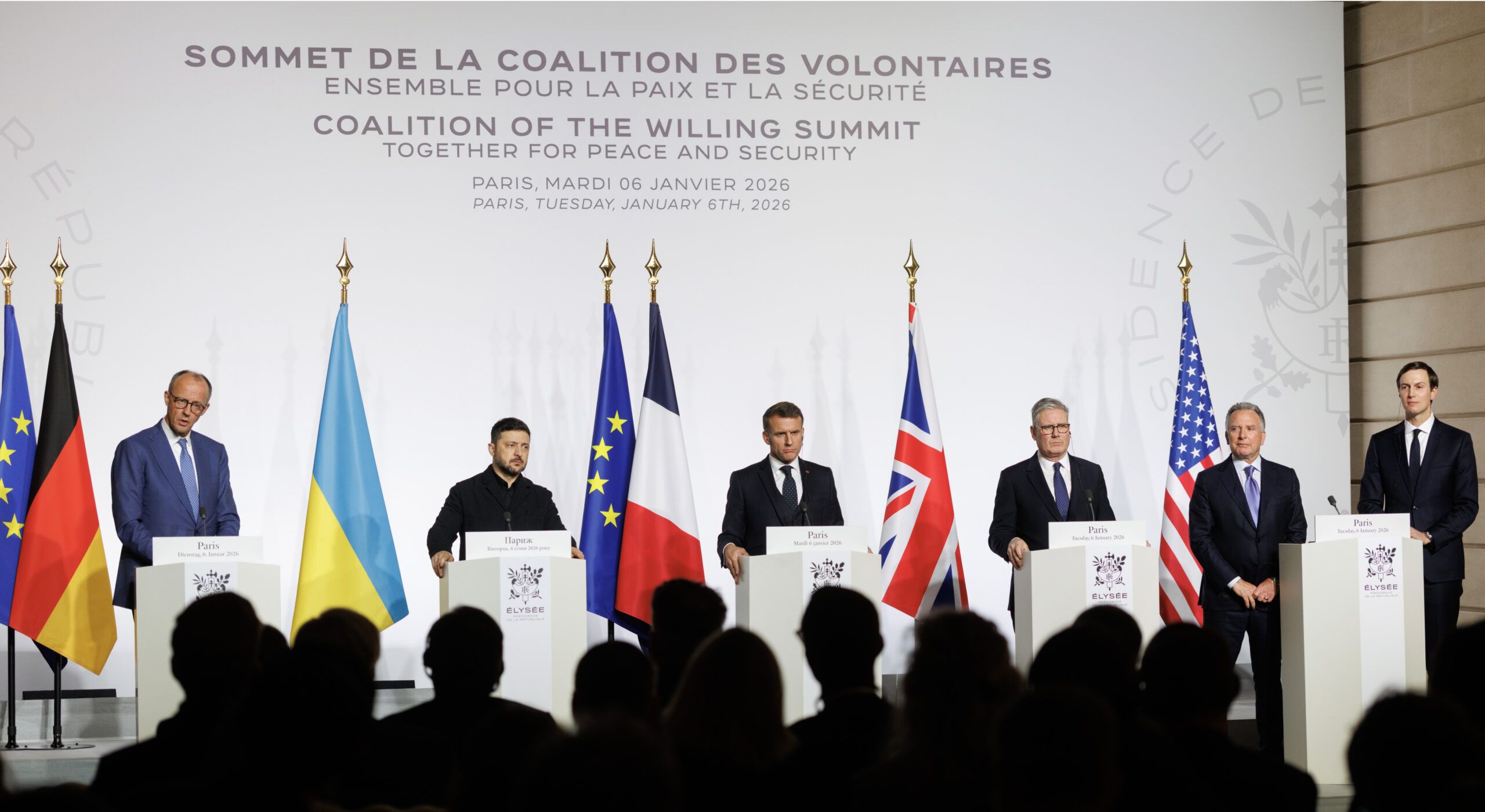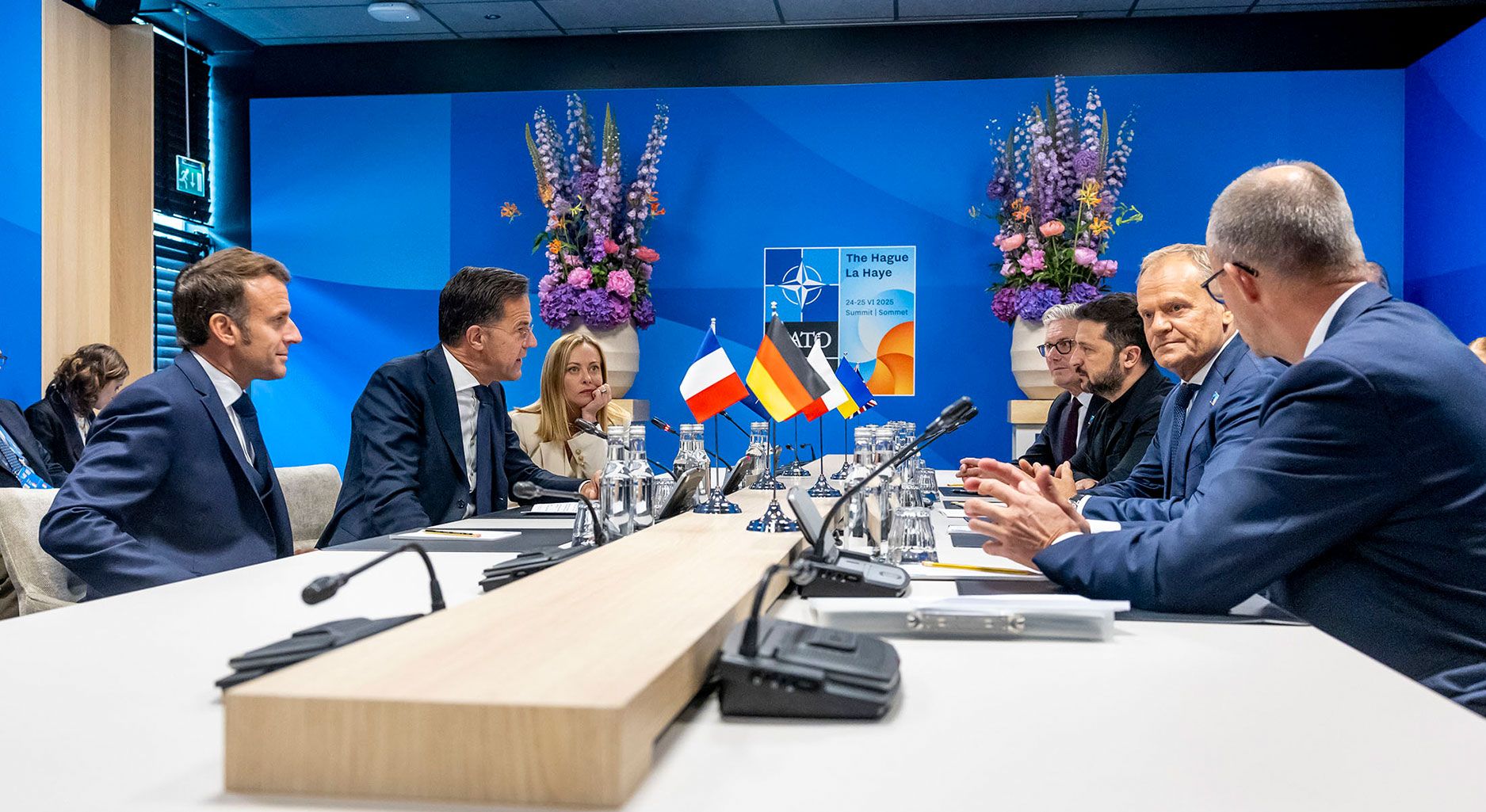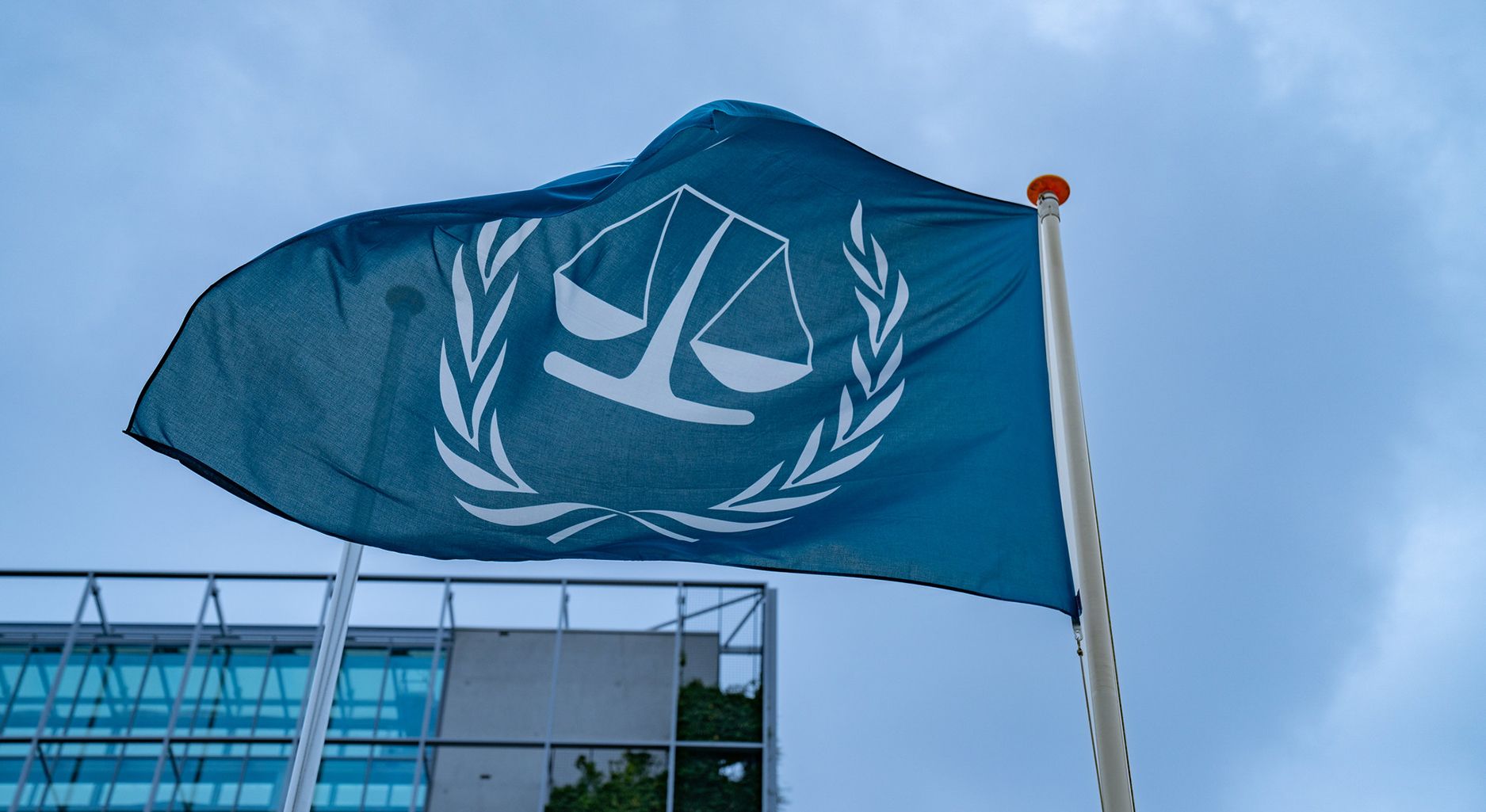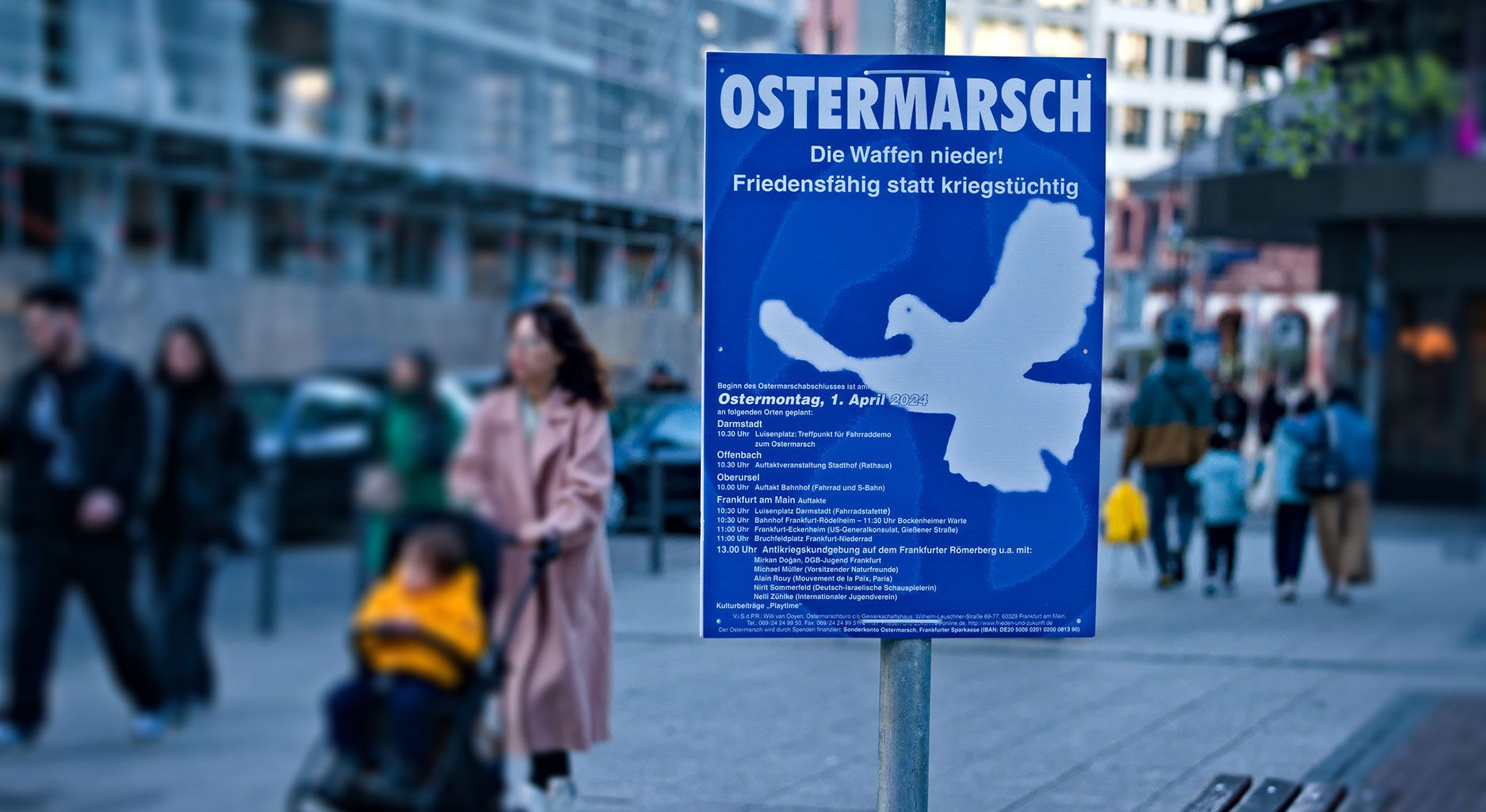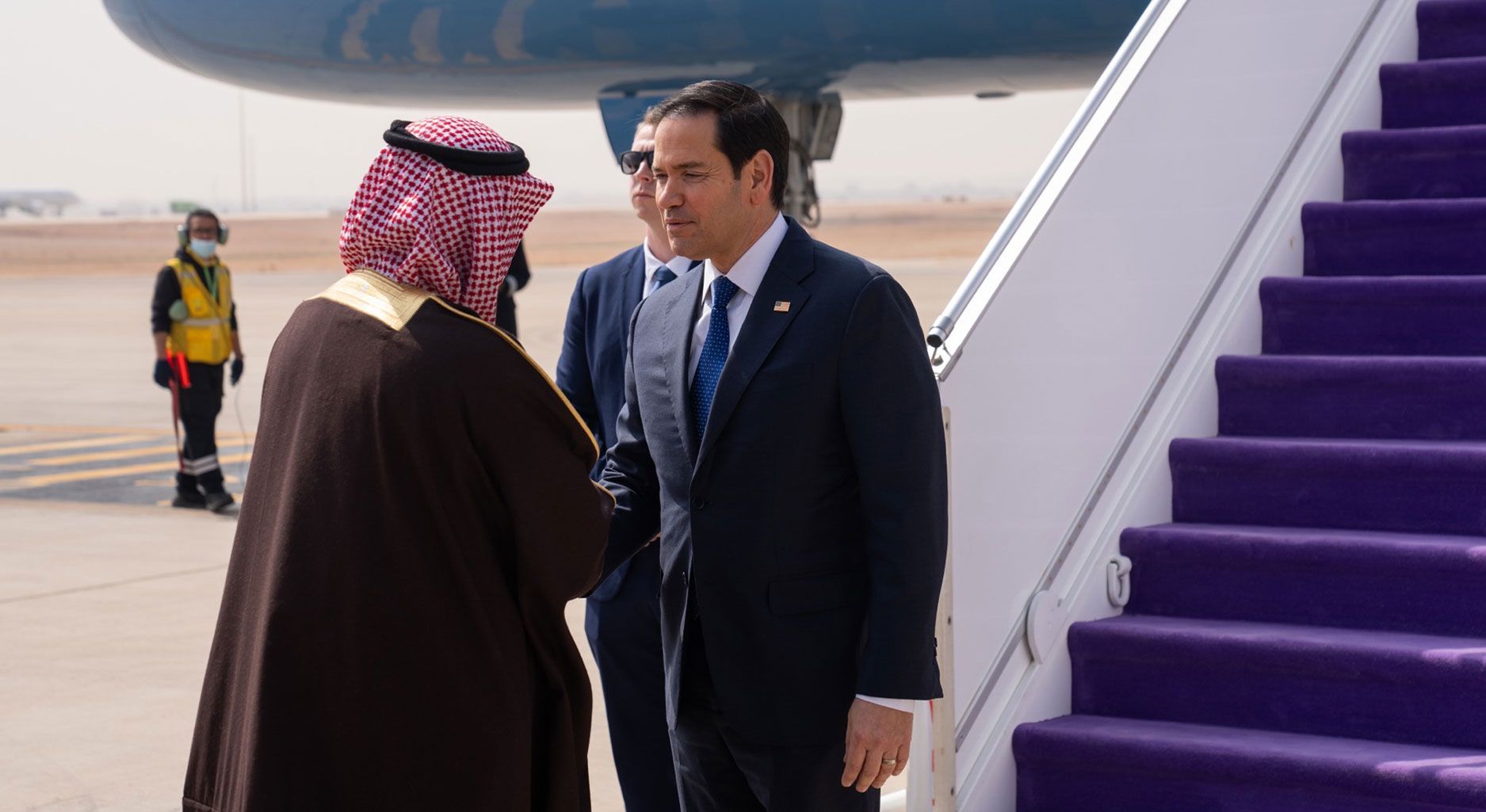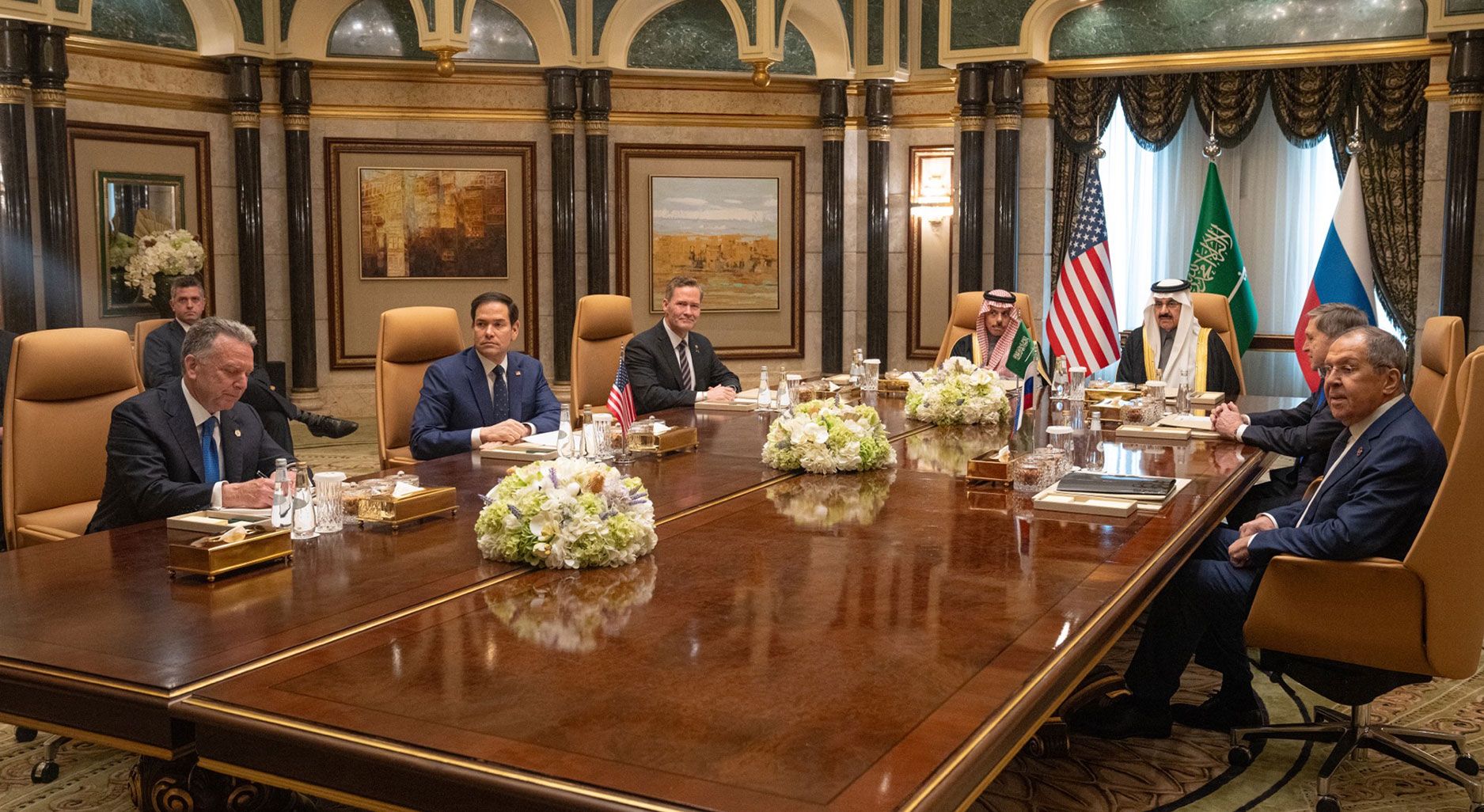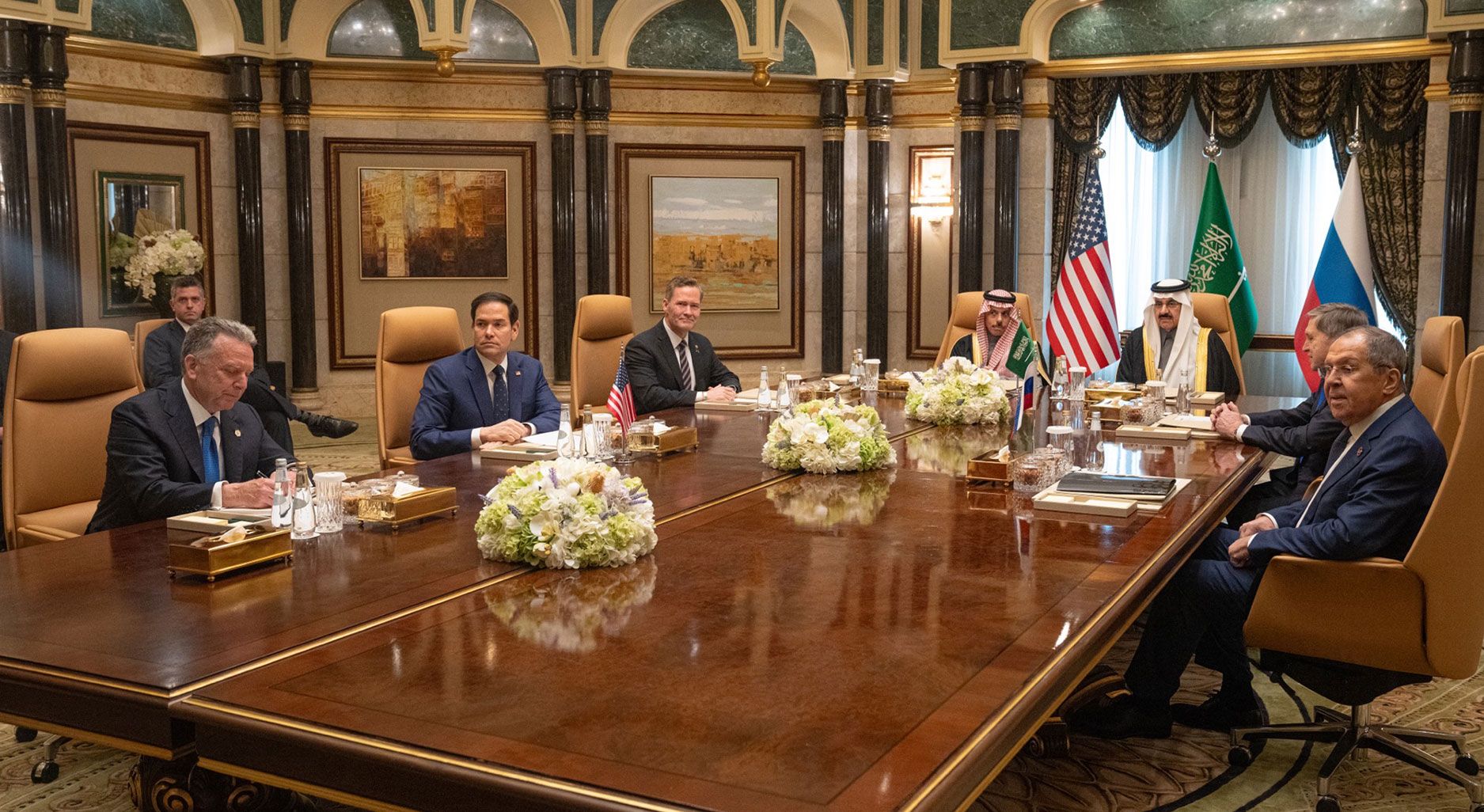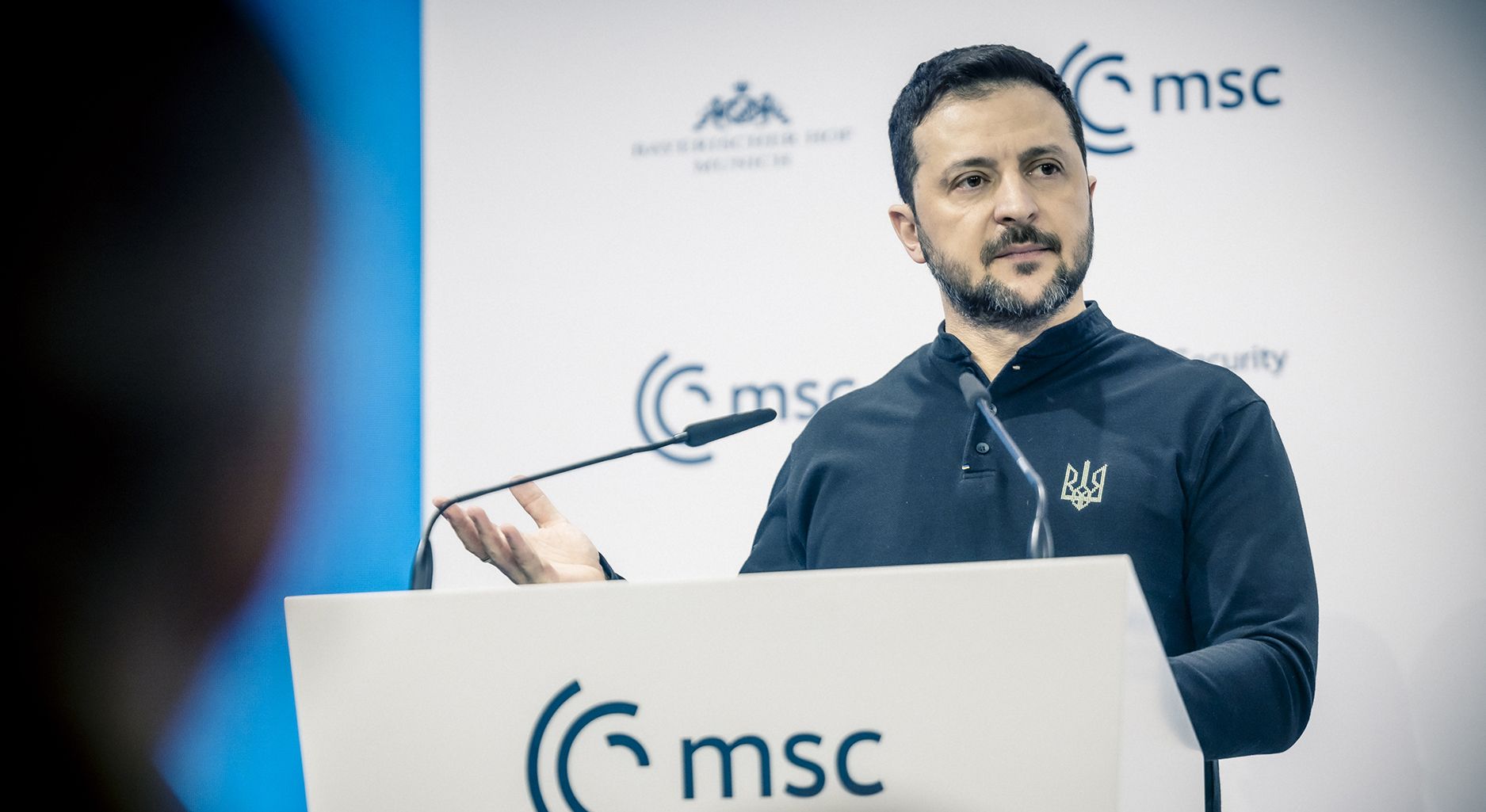Schlagwort: Ukraine
Das neue Jahr beginnt mit düsteren Aussichten. In der Ukraine geht der verbrecherische...
Mit Russland verhandeln mittels Drucks und Anreizen
Geht es um Kriege außerhalb Europas, tritt Deutschland für Diplomatie und Verhandlungen ein....
Justice for Ukraine: The Case for a Special Tribunal on the Crime of Aggression
On May 9th, 2025, an international coalition of almost 40 states, senior legal experts of the...
Verrennen sich die Ostermärsche?
Auch dieses Jahr finden in vielen Orten Deutschlands Ostermärsche statt. Die Aufrufe...
Russlands heikles Spiel mit der Zeit
Putin will den Konflikt mit der Ukraine nicht ernsthaft lösen. Aber er hält die...
A Sober Perspective for the Negotiating Table: Europe Must Contribute Diplomatically to Ending the War in Ukraine and Shape the Withdrawal of the US
Despite the deadlocked military situation for Ukraine and the policy shift in the US, Germany and...
Mit nüchternem Blick zum Verhandlungstisch: Europa muss die Beendigung des Ukrainekrieges und den Rückzug der USA diplomatisch mitgestalten
Trotz der längst verfahrenen militärischen Lage für die Ukraine und bekannten Kurswechsels in den...
US Halts Defensive Cyber Activities Against Russia: A Digital ‘Withdrawal’ from Europe
In a major shift in U.S. cybersecurity policy, Defense Secretary Pete Hegseth has ordered U.S....
On International Women’s Day: Feminist Peace Perspectives for Ukraine
February 24 marked the third anniversary of Russia’s war of aggression against Ukraine. Various...
From Munich to Munich? Three Years of Russia’s Full-Scale Invasion of Ukraine
Three years ago, in Ukraine, I was awoken at 4:45 am by a frightening noise unlike anything I had...
